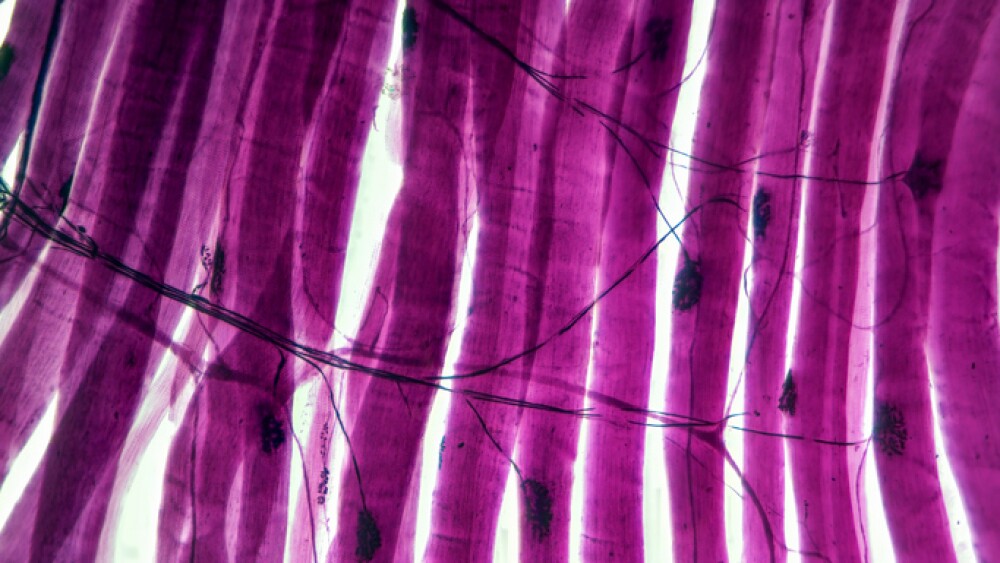- Precede Bio’s ER dependency index (PERDI) tests for both ER dependent and ER independent mechanisms of cancer growth, addressing an important unmet need in the field today
- There are approximately 130,000 people living with ER+ metastatic breast cancer in the USA, all of whom receive endocrine therapy (ET)-based regimens at some point in their treatment journey
BOSTON, Dec. 12, 2024 (GLOBE NEWSWIRE) -- Precede Biosciences, a company impacting the development and use of precision medicines with a first-in-class comprehensive epigenomic liquid biopsy platform, today shared the company’s scientific presentation from the 2024 San Antonio Breast Cancer Symposium (SABCS) taking place from December 10 to 13, 2024 in San Antonio, Texas.
“70% of breast cancer cases in the USA are ER+ by IHC and are treated with anti-endocrine therapy. Efficacy for this approach depends on tumor dependence on ER signaling for survival and both ER expression by IHC and ESR1 mutations are insufficient measurements of such dependence,” said Donald P. McDonnell, PhD, Glaxo-Wellcome Professor of Molecular Cancer Biology, Department of Pharmacology and Cancer Biology, Duke University School of Medicine. “Our study highlights the construction of an ER transcriptional dependency index with the potential to inform on who might benefit most from anti-endocrine therapy. Further work is required to validate this promising blood-based test and to confirm its utility in guiding therapeutic decisions.”
“With the many important therapeutic advances in breast cancer, it’s important to develop novel diagnostic tests that can enable optimal use of these medicines in clinical practice,” said Rehan Verjee, Co-founder and Chief Executive Officer of Precede Bio. “We believe the ER dependency index has the potential to impact treatment decision-making in ER+ breast cancers, including the identification of a larger population of patients who could benefit from monotherapy treatment with the emerging oral SERD class of medicines. This test could also be used in conjunction with other tests we are developing to inform on optimal use of emerging ADCs for patients with ER independent disease progression.”
Data presented at SABCS 2024 can be found in the presentations section of the company website and below:
Epigenomic characterization of ER transcriptional activation via liquid biopsy
About Precede Biosciences
Precede Biosciences is breaking down the barriers to precision medicine by redefining what can be learned from a simple blood draw. By understanding the fundamental biology behind disease at any given moment, researchers and clinicians can better target medicines to the right patients in both drug development and clinical practice. Precede Bio seeks to improve success rates in drug development and to be a part of building a future where every patient can receive a rapid, minimally invasive diagnosis and therapy that is precise to the biology of their disease. Precede Bio’s platform is available to drug developers and academic researchers. To learn more, visit www.precede.bio or follow us on LinkedIn.
Media Contact:
Donelle M Gregory
media@precede.bio
Acronyms:
SABCS= San Antonio Breast Cancer Symposium; ER=estrogen receptor; ER+=estrogen receptor positive; ET=endocrine therapy; SERD= selective estrogen receptor degrader; ADCs=antibody drug conjugates





